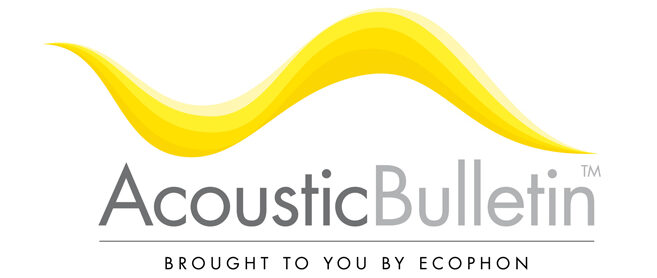
World Hearing Day – the 3rd of March 2021!
The WHO points attention to this day by communicating that:
- The number of people living with unaddressed hearing loss and ear diseases is unacceptable.
- Timely action is needed to prevent and address hearing loss across the life course.
- Investing in cost-effective interventions will benefit people with hearing loss and bring financial gains to society.
- Integrate person-centered ear and hearing care within national health plans for universal health coverage.
Furthermore, the WHO states that:
- Good hearing and communication are important at all stages of life.
- Hearing loss (and related ear diseases) can be avoided through preventative actions such as protection against loud sounds; good ear care practices and immunization.
- Hearing loss (and related ear diseases) can be addressed when it is identified promptly and appropriate care is sought.
- People at risk of hearing loss should check their hearing regularly.
- People having hearing loss (or related ear diseases) should seek care from a health care provider.
(Find more info from WHO here).
Sound information improves balance
Here at Acoustic Bulletin, we would like to take the opportunity to point attention to the fact that living with hearing loss could cause balance issues as well.
It’s common for people with hearing loss to have balance issues. Since both depend on the inner ear, it makes sense that one may affect the other.
Research
According to research from the Washington university school of medicine in St. Louis, enhancing hearing appears to improve balance in older adults with hearing loss, and may therefore reduce the risk of falling.
“And we found, indeed, their balance improved during the harder test with their hearing aids on.”
 In the relatively small study, patients wearing hearing aids in both ears performed better on balance tests compared to when they were off. The study is the first to demonstrate that sound information, separate from the balance system contributes to maintaining the body’s stability.
In the relatively small study, patients wearing hearing aids in both ears performed better on balance tests compared to when they were off. The study is the first to demonstrate that sound information, separate from the balance system contributes to maintaining the body’s stability.
“The participants appeared to be using the sound information coming through their hearing aids as auditory reference points or landmarks to help maintain balance. It’s a bit like using your eyes to tell where you are in space. If we turn out the lights, people sway a little bit — more than they would if they could see. This study suggests that opening your ears also gives you balanced information.”, said senior author Timothy E. Hullar, MD, professor of otolaryngology at the School of Medicine. (Source & More info: http://news.wustl.edu/news/Pages/27773.aspx ).
When we design buildings for people we need to consider the sound environment BEFORE the facilities are taken into use – good room acoustics and a safe sound environment is a preventative actions to avoid hearing loss in the first place.
______
Read about how loud levels in hospitals can lead to higher heat rates and increased medication intake here.
Read about teachers who are at risk of Tinnitus here.
Read about how hearing loss and mental health are connected here.

